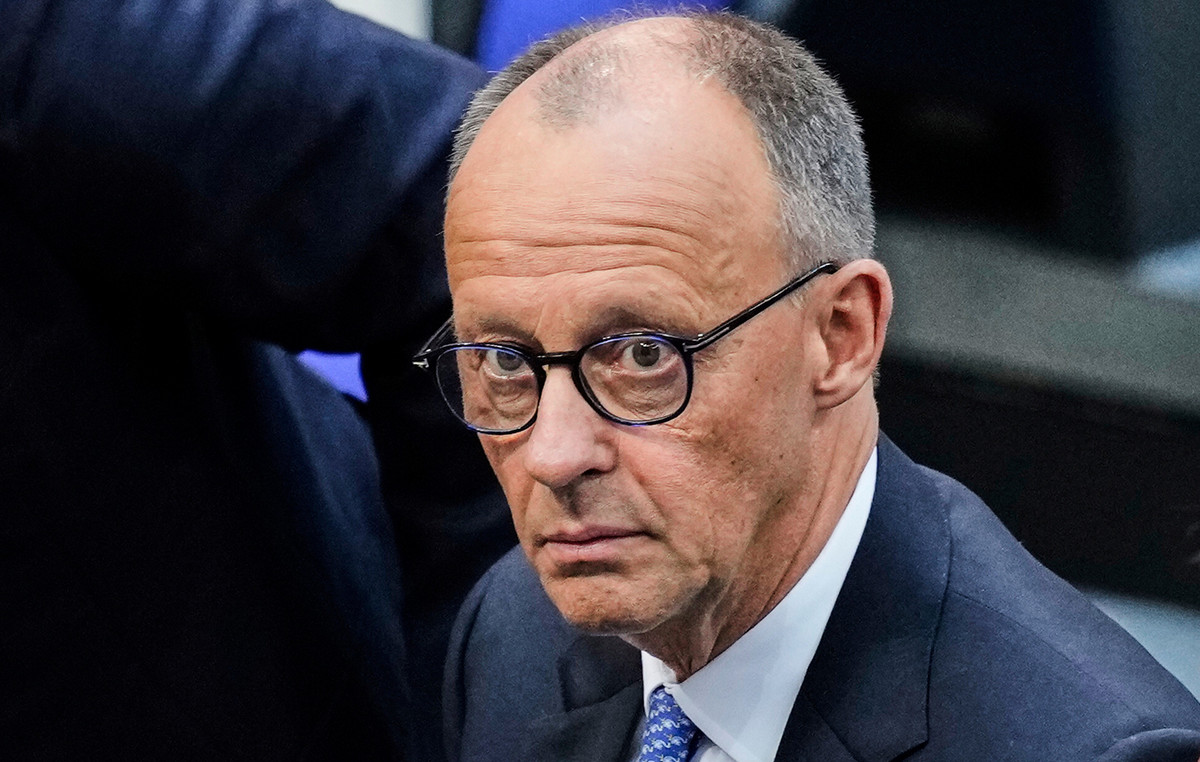China and America have been in a trade war since July 2018, and with each passing day, their ties have strained further. Donald Trump has accused China of various offenses like individual identity theft, unjust trade practices, property theft, forced transfer of technology and technological products, monopoly and dominion of Chinese exporters in subsidized companies and markets in China which leaves very little room for the American companies, and a lot more.
On the other hand, China believes that America is trying to get in its shoes to become the global economy super-power by pushing China off the cliff.
In January 2020, the prolonged conflict led to the signing of a ‘phase one’ deal in which China had promised to increase the imports from America above 2017’s levels and to strengthen America’s intellectual property rules. The US also had pledged to cut in some new tariffs that it had imposed on China as a new policy. Trump’s tariffs policy was to encourage and direct customers to increase the prices of imported products that would inadvertently make the customers opt for American products.
Of course, Beijing could not sit without retaliating. So, it imposed tariffs on US products which ranged from 5% to 25%.
TikTok Becomes the “Final Nail in The Coffin”
The US government then got into a legal conflict with the Chinese conglomerate, ByteDance, the parent company of the famous short-form video-sharing app, TikTok. The US accused TikTok of invasively collecting the data of American users and forwarding it to the Chinese government. This followed a long battle of both parties hurling accusations and justifications until Donald Trump started giving ultimatums and threats to ban the app from America if ByteDance did not sell its US operations to an American investor only.
The new Export Control Law
This whole issue further strained the US-China tech war and pushed the Chinese government to issue a new set of rules aiming to restrict the export of technology. And now, on 1st December 2020, China further tightened these rules, refraining and restricting the exporters from exporting several products that come in the ‘controlled goods.’ These items include products and technologies that can be used for nuclear and military goods, or can be used in both ways, i.e. for the military as well as civilian purposes. Also, this technology includes products supporting Artificial Intelligence.
This Export Control Law covers products that are considered crucial for China’s national security. Also, this law asks the exporters to apply for a license if they want to export any such controlled item or want some temporary controls.
Whoever fails to comply with this new law, will be subjected to penalties which will be ten times the value of the money transaction that the offending exporter made, which will be a max of $760,000.
Beijing may use this law to establish more restrictions on the global export of sensitive technology and technological products.
The US-China tech situation has now turned into a far worse, cold tech-war.
Alex Capri, a visiting professor at the National University of Singapore thinks that this war has worsened now, and somehow, it looks like China’s new law is meant to cover its own benefits. By restricting the export of the AI technology as well as refraining apps from sharing their algorithms if the export is licensed, it all points out that China is playing hard, and is totally into the game.
One reason that China is so confident of its game-plan is that despite everything including its strained ties with the US and India, the country’s global economy is still growing in the global market. China is the world’s biggest exporter of rare earth minerals which are used in various technologies like LCDs ad other electronics, including smartphones, air jets, automotive vehicles, and even wind turbines.
So, whatever happens, China’s economic position gets stronger only.
I’m Ava Paul, an experienced news website author with a special focus on the entertainment section. Over the past five years, I have worked in various positions of media and communication at World Stock Market. My experience has given me extensive knowledge in writing, editing, researching and reporting on stories related to the entertainment industry.







